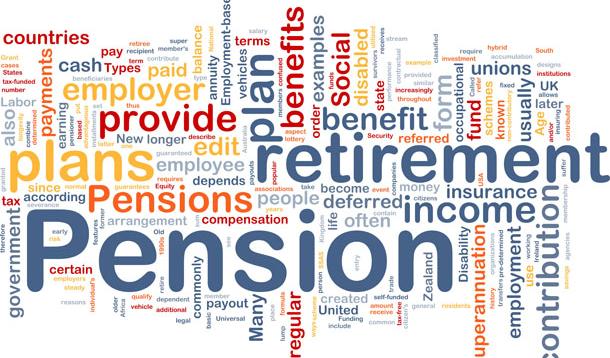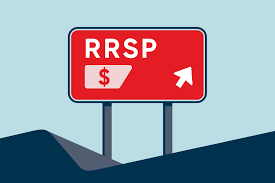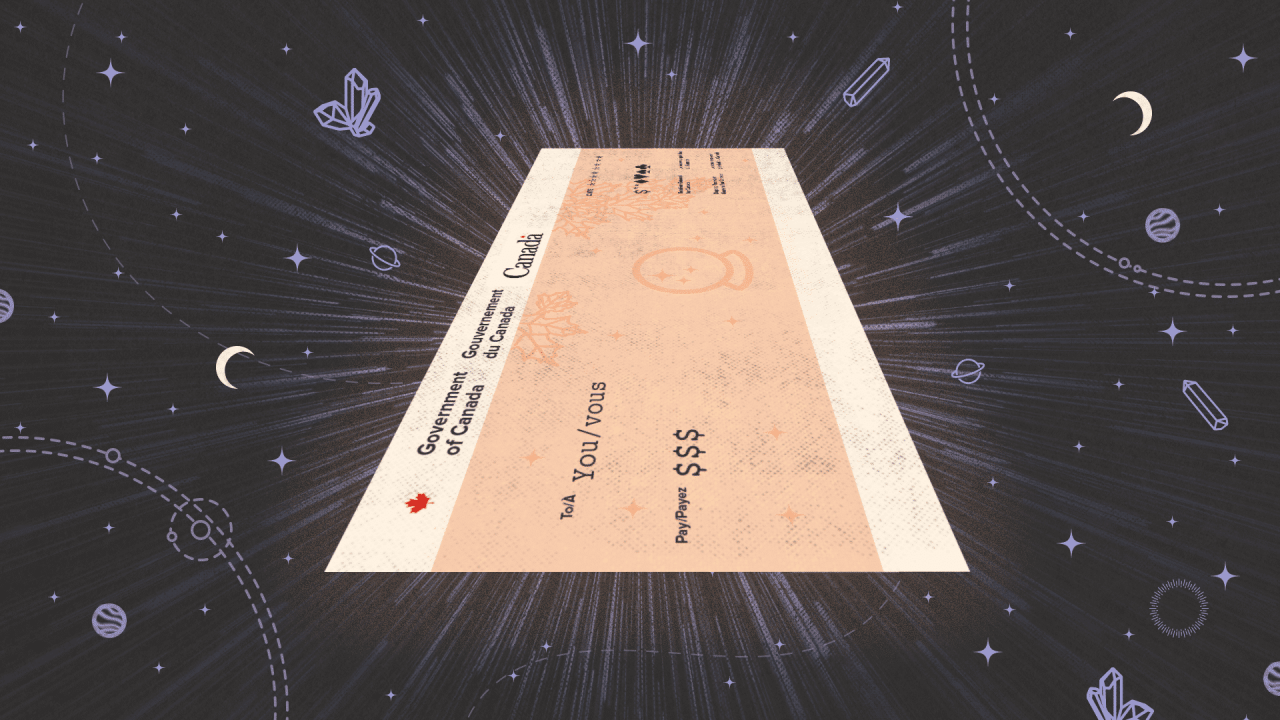While almost everyone looks forward to retirement and an end to the day-to-day demands of working life, there’s also no question but that the decision to give up a regular paycheque is a stressful one. Particularly when the cost of life’s necessities – especially food and housing – seem to be continually increasing, individuals wanting to retire have to wonder whether they can actually afford to do so, or whether it would be foolhardy, in the current economic realities, to walk away from a reliable regular paycheque.
retirement benefit Archives - Akler Browning LLP
While almost everyone looks forward to retirement and an end to the day-to-day demands of working life, there’s also no question but that the decision to give up a regular paycheque is a stressful one.
The age at which Canadians retire and begin deriving income from government and private pensions and private retirement savings has become something of a moving target.
Canada’s retirement income system is often referred to as a three-part system. Individuals earning income from employment or self-employment can contribute to a registered retirement savings plan (RRSP) and withdraw funds from that plan in retirement.
Transitioning into retirement is a complex process, one which involves decisions around finances (present and future) as well as one’s way of life. While it was once typical for an individual to work full time until retiring (usually at age 65), the word “retirement” no longer has a single meaning – in fact, it’s now the case that almost every individual’s retirement plans look at little different than anyone else’s.





